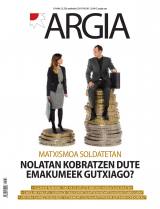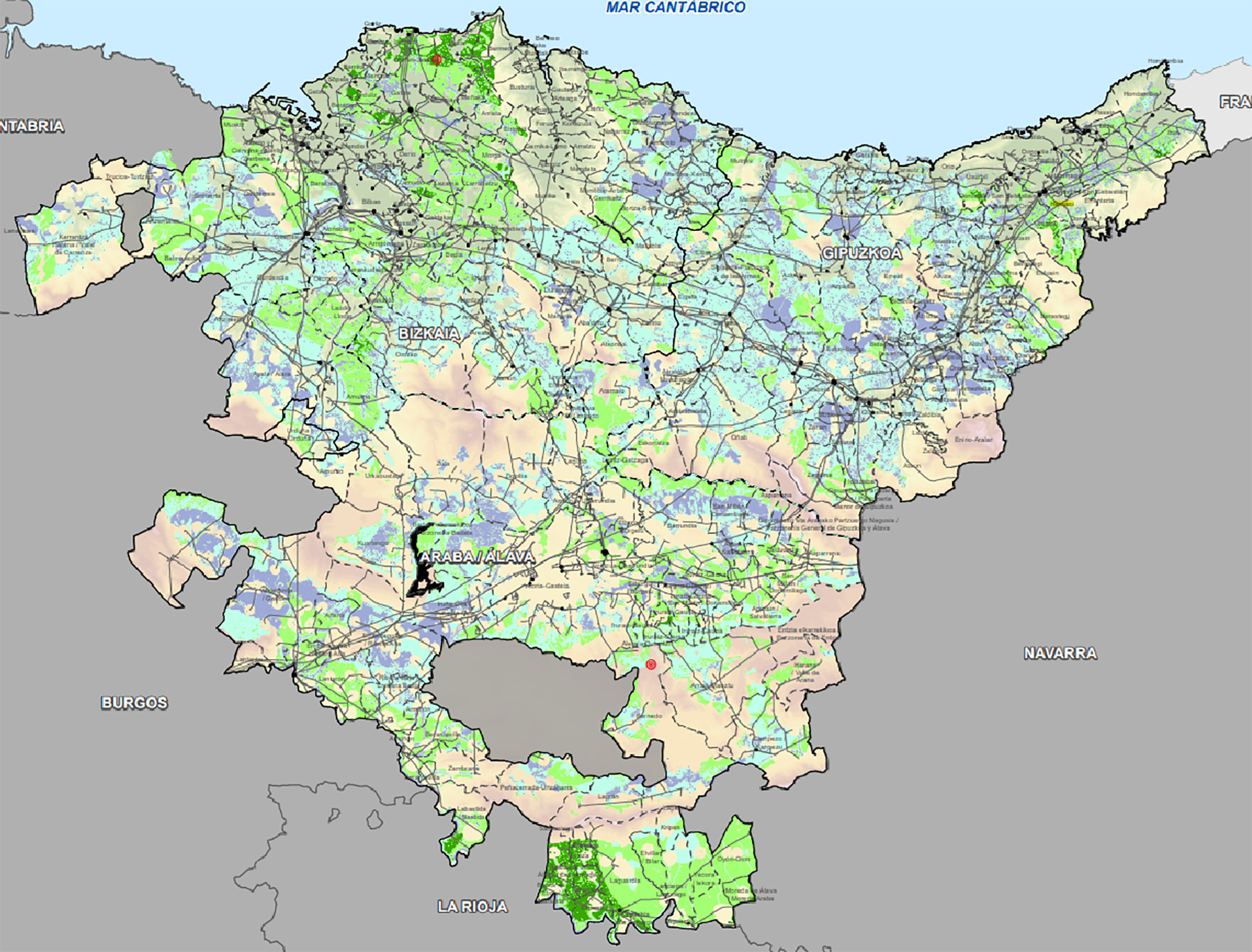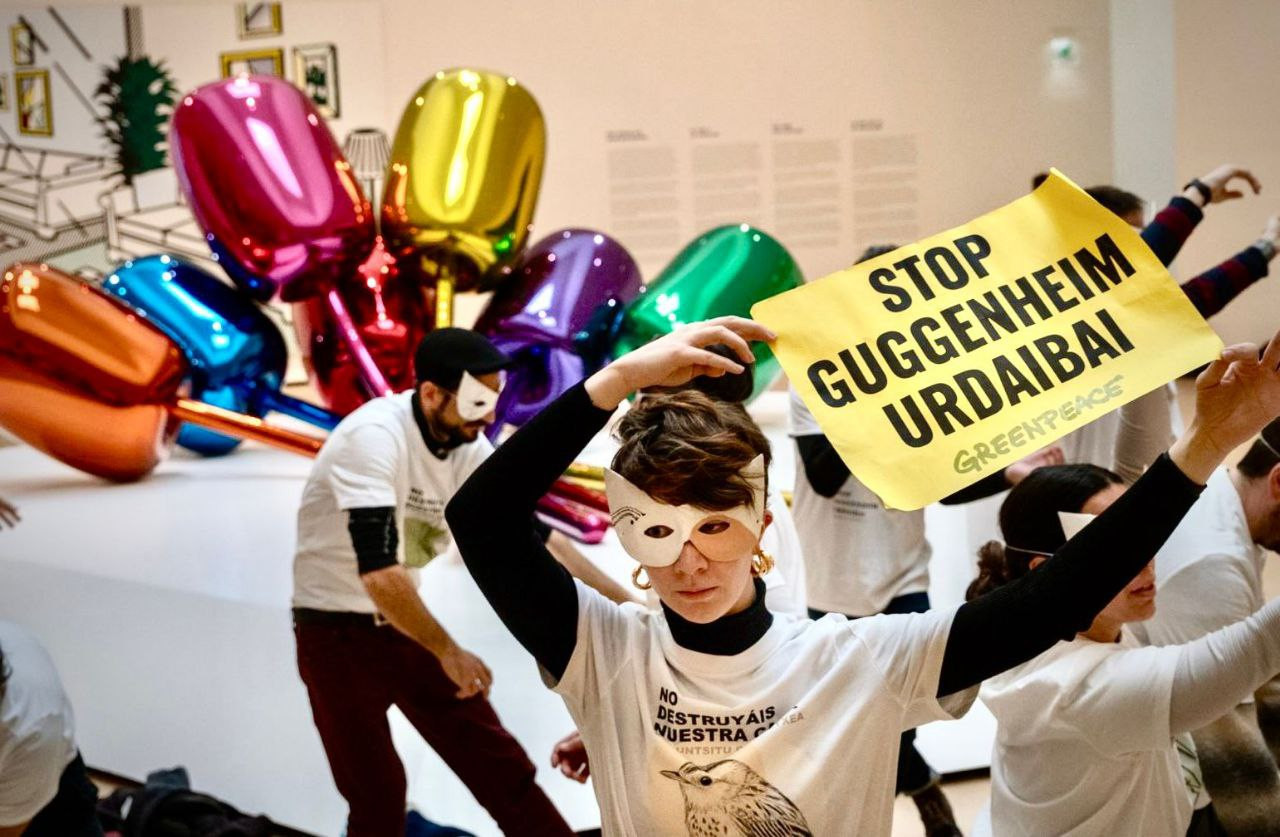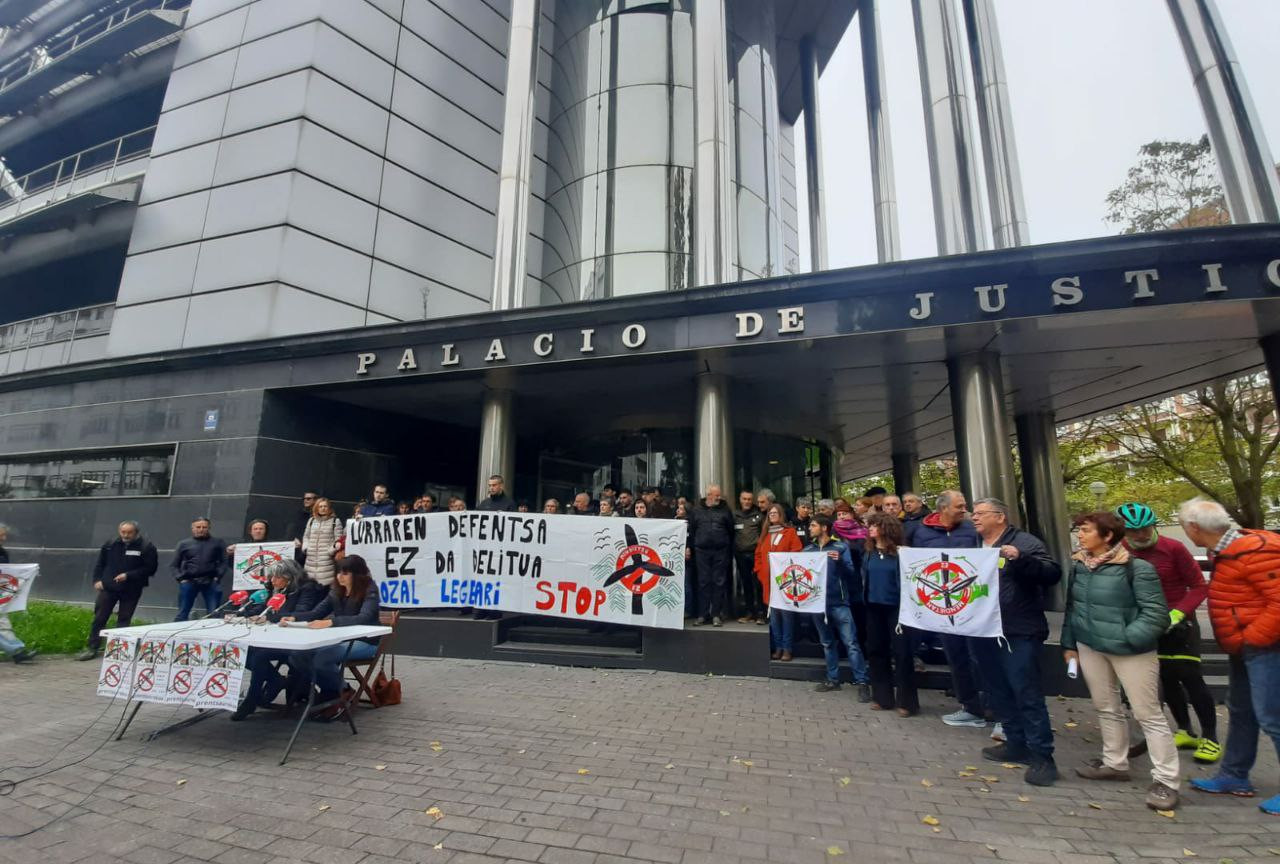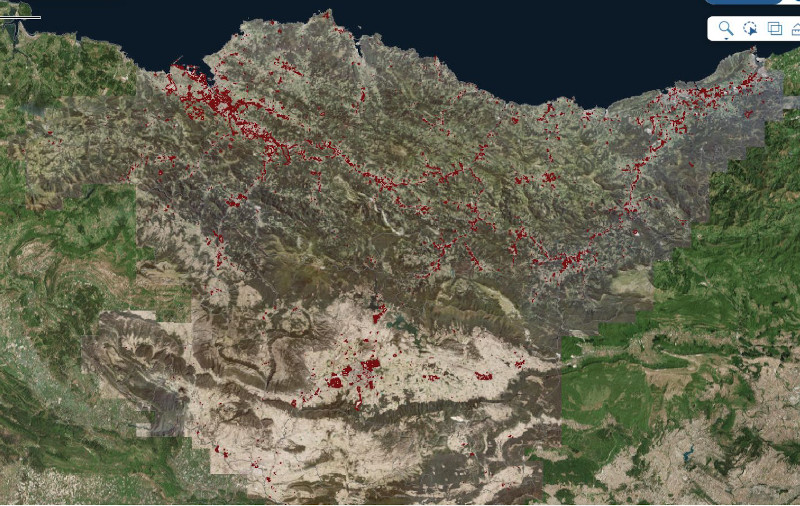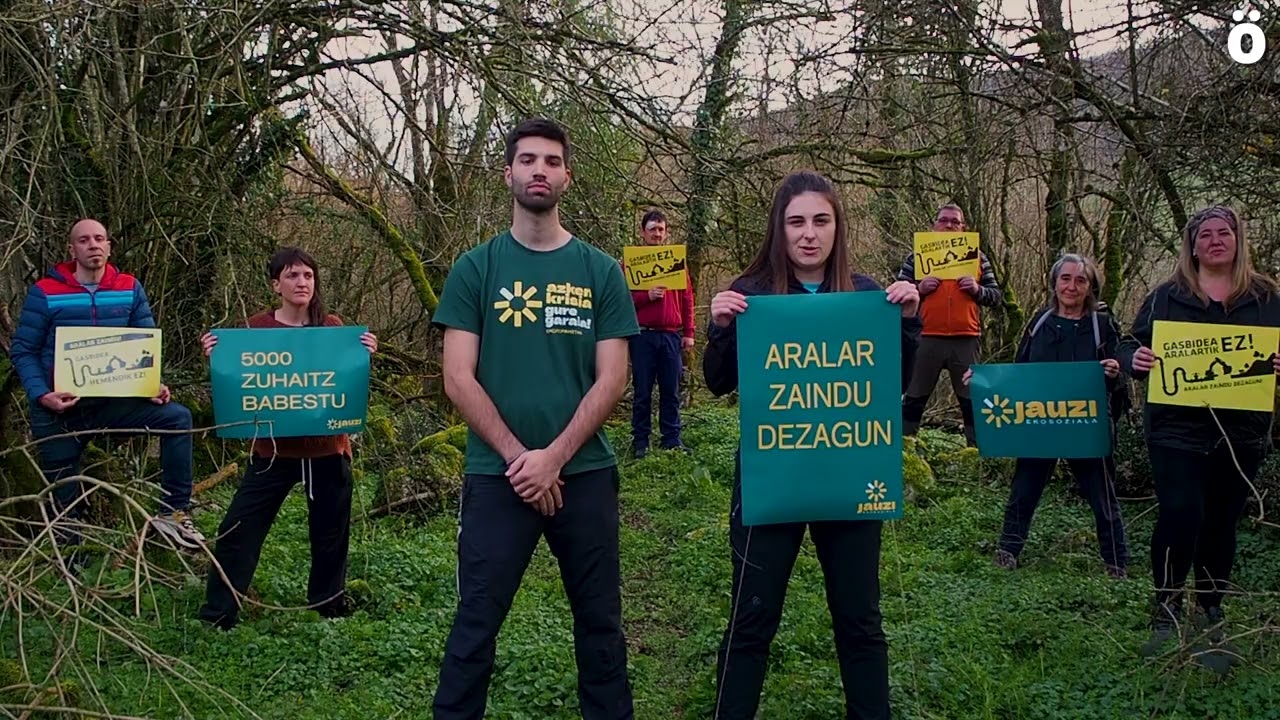"The Orthodox Economy Calls Destruction 'Production'"
- Joan Martínez Alier was born in Barcelona in 1939. He is professor of Economics at the Autonomous University of Euskadi and director of the journal Political Ecology. Martinez Alier is an indispensable reference in the field of political ecology and the ecological economy. We have talked with him about the main concerns of the past and the current state of environmentalism.

He has devoted much of his life to analyzing and developing political ecology. Can you explain in a nutshell what that is?
There are two areas. On the one hand, the ecological economy; it is the criticism of the orthodox economy, both that of Keynesian and that of the neoliberal and that of the Marxist, because they forget about the environment. They call “production” destruction. The extraction and burning of coal, oil and gas, geologically, is not producing anything, but destroying. The orthodox economy also pays no attention to some damage (climate change, loss of biodiversity...) and calls them external effects. After all, capitalism is a system that diverts social costs: the poor, future generations -- and the green economy criticizes that. Its origin lies in ecologists interested in the economy and in some “repentant” economists.
What about political ecology?
As an academic discipline, from geography, from anthropology… and as a practice, from activists who want to change the world.
In 1972, the NGO Club of Rome published the prestigious report The Limits of Growth. Was that the starting point for the green economy?
Yes, but also the many environmental struggles that already existed. In any case, it has to be said that the report The Limits of Growth provoked a great reaction in Europe. The President of the European Union, Sicco Mansholt, said in 1972 that economic growth had to be cut, that negative growth had to be done.
But the face of growth had been embellished. At the Rio de Janeiro summit in 1992, the concept of “sustainable development” emerged.
It was a specific reaction of the European Social Democracy. Neither intellectually nor politically could they accept that there would be no economic growth. Growth was based on cheap oil, and in that system it was possible that people were more or less satisfied, at a time we can call fordist. That is what they have been doing in Europe since 1945, and it has given them good electoral, even social, performance. Thus, many followers of Keynes designed economic models for perpetual growth, which greatly influenced policies. After all, some sectors joined forces against environmentalism, saying that “sustainable development is possible”. But at the same time, criticism began of the very idea of development, with the help of different authors. “Development brings us a uniformizing image of the road that we all have to travel,” they said, “everyone to American way of life; that is not possible and we do not want it.”

In the early 1980s, neoliberalism became so strong...
In the tradition of neoliberalism, the market is the king. But the market is blind to the future. Or rather, it's short-sighted for two years and blind for ten. That is why neoliberalism must set aside the ecological point of view. The market has no tools to decide what to do in the face of these problems. Thus, neoliberalism has acted as a religious sect, convinced that “the market will fix everything”. It's absurd to think that way. In any case, when we were fighting the Social Democrats, Thatcher and Reagan suddenly appeared, the opponents of environmentalism. That's why U.S. Republicans today deny climate change. They're so anti-ecologists that they despise science.
Almost 45 years after writing the report The Limits of Growth, when what he says is more evident than ever, the idea of growth maintains hegemony.
I don't think so. Gradually, environmental awareness and response are growing, perhaps with a broader environmentalism than the previous one.
Does being broader mean that it's not that political?
Perhaps less conservative and more social. In Europe, party politics has lost some political personality. The green parties have not been successful in general, and where they have had it, for example in Germany, they do not talk about the debt of the North to the South, about ecologically unequal trade…
Despite being a minority, so-called transitional movements seem to be flourishing. Are they a new phenomenon?
I guess so. Before it was debated about the transition from capitalism to socialism, which path was most appropriate, with elections like Allende in Chile, or the Cuban way… But the integral transition, both social, economic, feminist and environmentalist, did not exist. I think it's within the global movement for environmental justice that's been created, fortunately it doesn't have politburo, they're networks that come together. It is more widespread in the South, but also in Europe, where the economy is not going to grow and where we do not need to grow, we can live well without that. Furthermore, how much should we grow? Twice? Four more times? And what for?
“Ekologismoaz gain, Espainiako trantsizioa ere aztertu dut sakon. 70eko hamarkadan, Franco hil aurretik, Cuadernos de Ruedo Ibérico aldizkarian argitaratu genituen aurreikuspenetako asko bete egin ziren. Besteak beste, salatu egin genuen Alderdi Komunistak ‘berradiskidetze nazionala’ lortzeko egindako deialdia. 1977an ikusi zenez, ondorioa frankistek euren buruei emandako amnistia izan zen”.
Greenpeaceko kideak Dakota Acces oliobidearen aurka protesta egiteagatik auzipetu dituzte eta astelehenean aztertu du salaketa Dakotako auzitegiak. AEBko Greenpeacek gaiaren inguruan jasango duen bigarren epaiketa izango da, lehenengo kasua epaile federal batek bota zuen atzera... [+]
In recent weeks we have been reading "proposals" for the recovery of the railway line Castec-Soria and the maintenance of the Tudela train station in its current location, or for the construction of a new high-speed station outside the urban area with the excuse of the supposed... [+]
The restoration of the natural characteristics of the beach of Waukee began three decades ago and continues without interruption in the staged restoration to counterclockwork.
Samuel (Bizkaia) is an exceptional space, very significant from the natural and social point of view... [+]
The update of the Navarra Energy Plan goes unnoticed. The Government of Navarre made this public and, at the end of the period for the submission of claims, no government official has explained to us what their proposals are to the citizens.
The reading of the documentation... [+]









